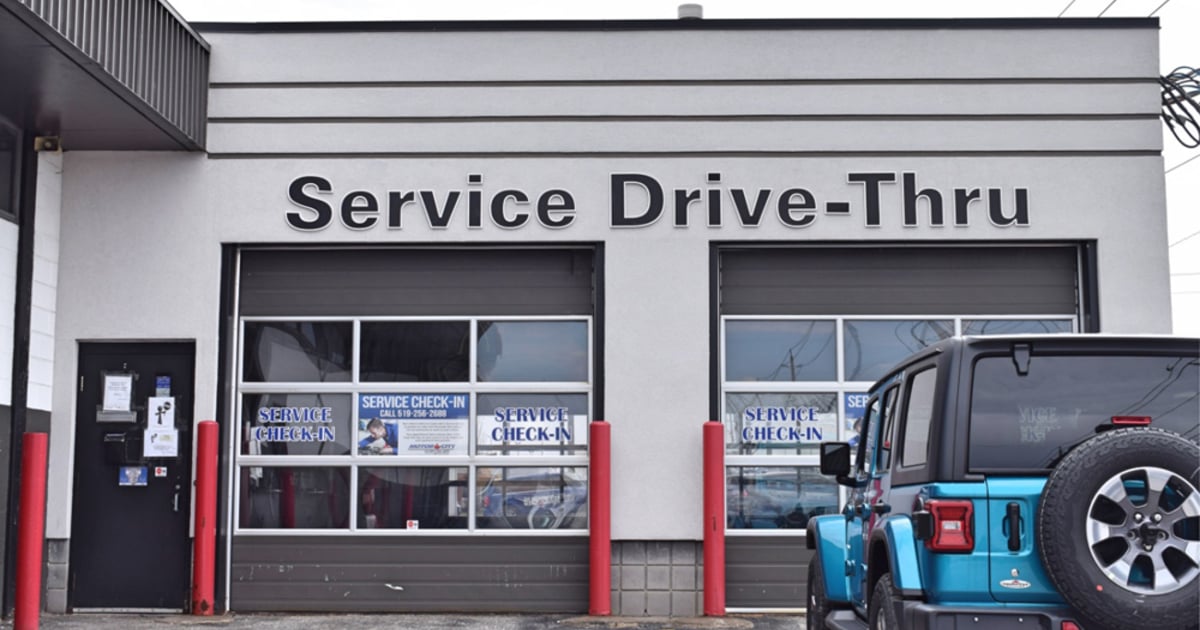
WASHINGTON — U.S. Rep. Darrell Issa, R-Calif., reintroduced a bill Wednesday that would amend U.S. patent law by reducing the time automakers can enforce design patents on collision repair parts to two and a half years from 14 years against aftermarket parts suppliers.
The bill — known as the Save Money on Auto Repair Transportation, or SMART, Act — would apply to automotive components, such as fenders, quarter panels and doors, and only affect aftermarket repair parts. It would not alter the 14-year period in which automakers can enforce design patents against other automakers.
The revived legislation is supported by Republican Rep. Dave Joyce of Ohio and Democratic Reps. Zoe Lofgren of California, Sheila Jackson Lee of Texas and Marie Gluesenkamp Perez of Washington.
The bill was previously introduced in 2021 by Issa, who said it will expand consumer choice for collision repair parts, reduce costs for drivers and insurers and increase competition in the auto repair parts market.
“According to AAA, a third of American drivers can’t afford the costs of an unexpected car repair bill without going into debt,” Issa said in a statement. “As repair costs continue to rise, consumers deserve access to as many auto part repair options as possible. The SMART Act will increase consumer choice, encourage competition, and foster innovation to drive down the cost of expensive repairs.”
Groups backing the bill include Consumers for Auto Reliability and Safety Coalition, National Association of Mutual Insurance Companies, Automotive Body Parts Association and AutoZone.
The Alliance for Automotive Innovation, which represents major automakers in the U.S., did not immediately respond to a request for comment.
Issa’s bill comes after another House Republican, Rep. Neal Dunn of Florida, reintroduced a bill in February mandating that vehicle owners and independent repair shops have the same access to repair and maintenance tools and data as automakers and their franchised dealerships.
The bill — known as the Right to Equitable and Professional Auto Industry Repair Act — would require that all tools and equipment, wireless transmission of repair and diagnostic data and telematics systems needed for vehicle repairs be made available to the independent repair industry.